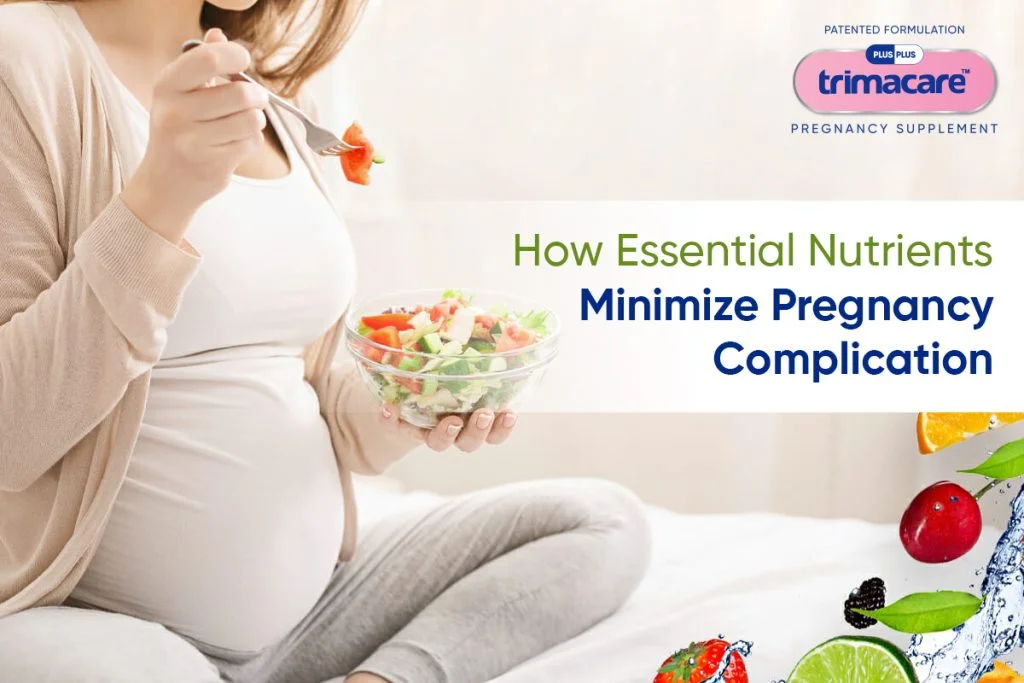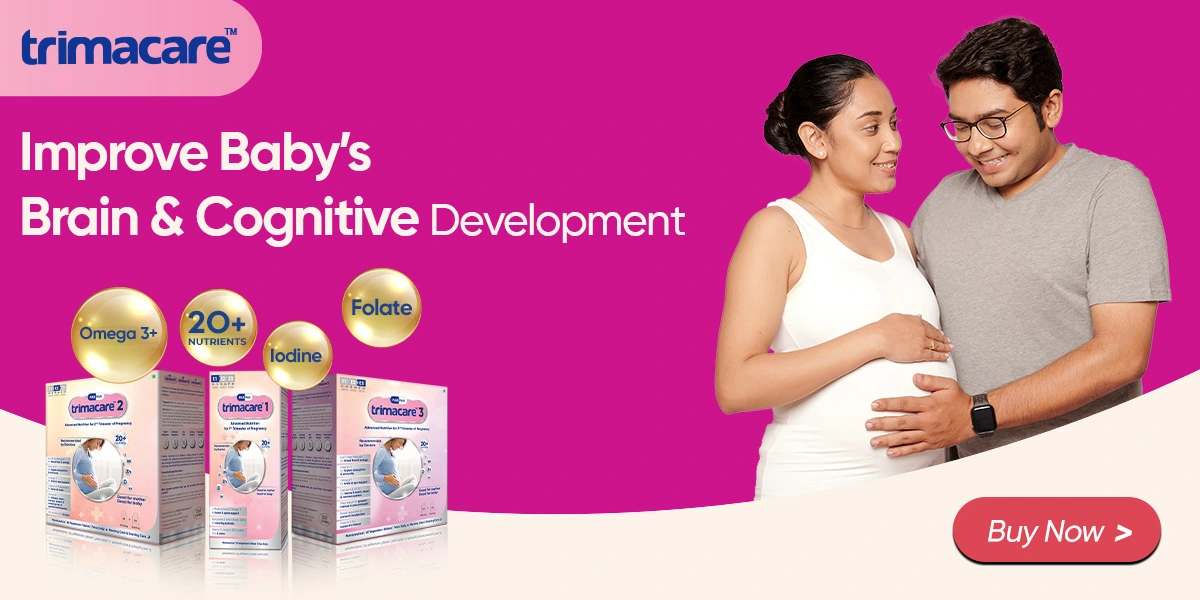Pre-Eclampsia is a condition that develops in pregnant ladies and is characterized by an increase in blood pressure and the presence of proteins in the urine. High blood pressure usually resolves after delivery. Pre-eclampsia is one of the most dangerous pregnancy complications, posing a serious risk to both mother and child.
What is Pre-Eclampsia?
Pre-Eclampsia occurs after the 20th week of pregnancy and is marked by high blood pressure, proteinuria, dropped platelets, changes in kidney or liver function, fluid in the lungs, and symptoms of involvement of the brain, such as seizures and vision disturbances. The mortality and morbidity related to Pre-Eclampsia can be avoided by timely intervention and effective care.
The Pre-Eclampsia Symptoms Include
- Rapid weight gain due to an increase in bodily fluids
- Increased blood pressure
- Headaches
- Reduced urine output
- Abdominal pain
- Vision disturbances
- Excessive vomiting and nausea
- Shortness of breath
- Impaired liver function
- Change in reflexes
- Excess protein in the urine
If a doctor thinks you might be at risk of developing Pre-Eclampsia, they will monitor your pregnancy with more vigilance and warn you about signs and symptoms to look out for. If you experience any of the above symptoms during pregnancy or notice any unusual symptoms, make sure to discuss them with your doctor. Your doctor might suggest some tests for Pre-Eclampsia diagnosis, and to rule out other hypertensive disorders. Pre-Eclampsia Treatment includes medications to manage the condition and nutritional advice to prevent complications and severe Pre-Eclampsia.
The Role of Essential Nutrients in Preventing Pre-Eclampsia
As a part of preconception counselling, certain micronutrients that may prove to be protective when it comes to Pre-Eclampsia ought to be consumed. These micronutrients can be sourced from a micronutrient-dense diet containing nutrients. The typical Indian Diet is rich in carbohydrates but lacks multi-micronutrients. Additionally, Prenatal Supplementation with just Iron, Folate, and Calcium according to the IFC model isn’t sufficient for optimal growth and development of the baby. According to the Multi Micronutrient Model (MMN), the pregnant mother needs to supplement her diet with more than just Iron, Folate, and Calcium and increase her intake of Multi Micronutrients. Trimacare Prenatal Tablets have been formulated according to the MMN Model, as per the recommendations of the WHO and the ICMR. Trimacare Prenatal Tablets provide you with 20 plus Micronutrients in one tablet.
Some Essential Nutrients have a role in the prevention of Pre-Eclampsia and Hypertension During pregnancy. These Micronutrients are –
- Magnesium– The magnesium requirement during pregnancy increases not only in response to the foetus’ needs but also due to renal loss of magnesium. According to Dr. Mala Srivastava, Pregnant ladies require 240-480 milligrams of magnesium daily, which should be continued into breastfeeding. Magnesium not only prevents hypertension during pregnancy but also relieves muscle cramps and pain in pregnant women’s calves. Trimacare Prenatal Tablets contains Magnesium so that pregnant women are not deficient in this micronutrient during the crucial pregnancy period.
- Zinc– Deficiency of Zinc can lead to Pregnancy Induced Hypertension. Additionally, consuming a low amount of this essential micronutrient can lead to Impaired Immunity, Prolonged Labour, Preterm Birth, Foetal Growth Restrictions, and Low Birth Weight. Trimacare Prenatal Tablets contain Zinc, along with other essential nutrients to provide you with all the required pregnancy supplementation.
Ensuring that your Prenatal Vitamins contain these nutrients is essential to ensure that your nutrition isn’t a contributing factor for hypertension during pregnancy and Pre-Eclampsia. Improving your overall health is essential to secure your health and the health of your baby in the future, so make sure that the prenatal vitamins you’re consuming are suitable for all your pregnancy needs.
Frequently Asked Questions:
1. What are essential nutrients?
Fundamental supplements are substances that the body expects for legitimate working yet can’t create in that frame of mind all alone. These supplements should be acquired through diet or supplementation.
2. How do essential nutrients contribute to preventing pre-eclampsia?
Fundamental supplements like calcium, magnesium, and vitamin D assume urgent parts in forestalling toxaemia by supporting appropriate placental turn of events, controlling pulse, and lessening irritation in pregnant ladies.
3. Which essential nutrients are particularly important for preventing pre-eclampsia?
Omega-3 fatty acids, calcium, magnesium, vitamin D, and other minerals are especially important for preventing pre-eclampsia because they help regulate blood pressure, promote healthy placental development, and reduce inflammation during pregnancy.
4. What are some dietary sources of essential nutrients that help prevent pre-eclampsia?
Dairy items, verdant green vegetables, nuts, seeds, greasy fish, and sustained food sources are rich dietary wellsprings of fundamental supplements like calcium, magnesium, vitamin D, and omega-3 unsaturated fats that guide in forestalling toxaemia.
5. Are supplements necessary to obtain essential nutrients for preventing pre-eclampsia?
Pregnant women who have difficulty obtaining sufficient amounts of calcium, magnesium, vitamin D, and omega-3 fatty acids through diet alone may require prenatal supplements to help prevent pre-eclampsia, despite the best diet being one that is well-balanced and high in essential nutrients. It’s fundamental to talk with your doctor prior to beginning any supplementation routine during pregnancy.
A Certified Nutritionist with a rich healthcare background in health journalism, the author has immense experience in curating reader-friendly, engaging, and informative healthcare blogs to empower readers to make informed pregnancy-related decisions.












